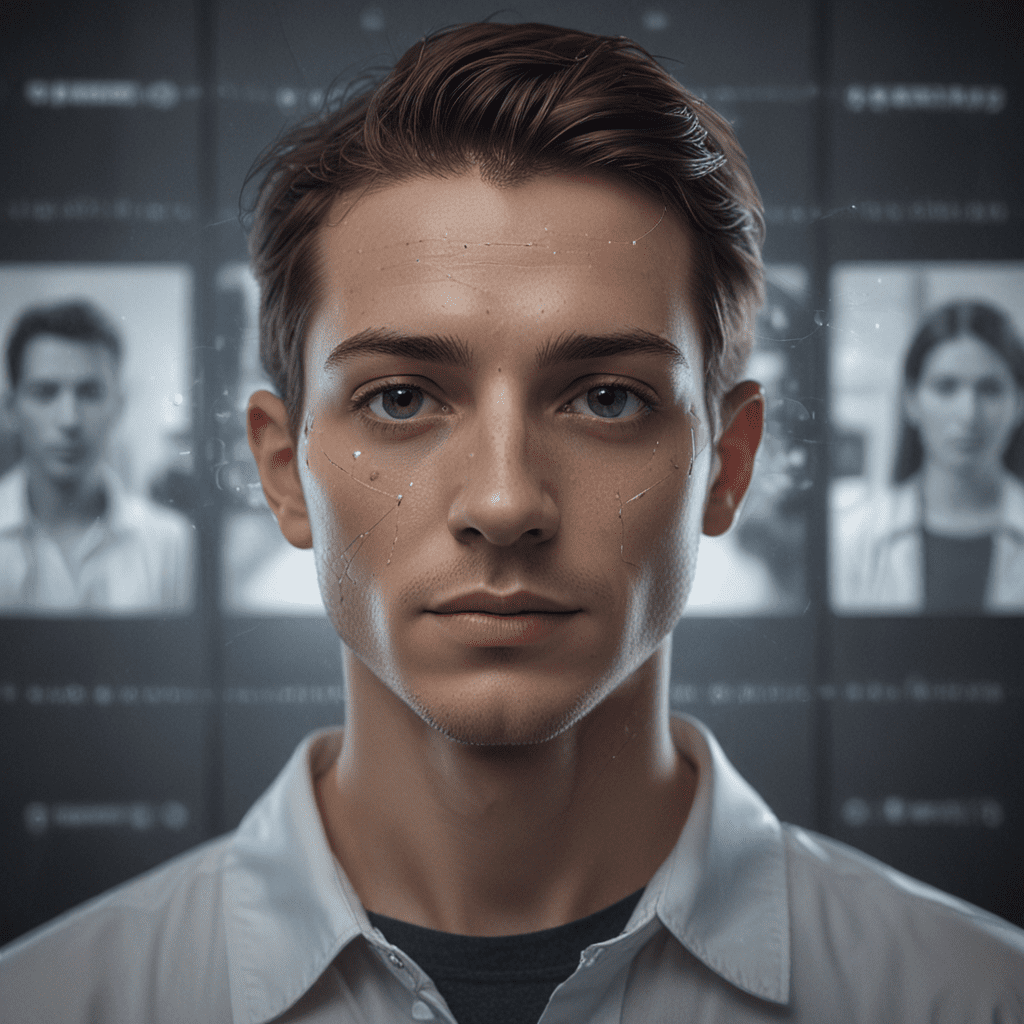
1. Introduction: Facial Recognition in Gaming
Facial recognition technology has emerged as a transformative tool across various industries, and its impact is now being felt in the gaming world. By incorporating facial recognition into games, developers can unlock new possibilities for enhanced player experiences and foster a more immersive gaming environment.
2. Benefits of Facial Recognition in Gaming
The integration of facial recognition in gaming offers numerous advantages. Firstly, it allows for personalized gaming experiences tailored to individual players' preferences. By recognizing a player's facial expressions and reactions, games can dynamically adjust content and gameplay to provide a more engaging and enjoyable experience.
3. Immersive Experiences through Personalized Content
Facial recognition enables games to create highly immersive experiences that respond to players' emotions. For instance, in horror games, the AI can detect fear and adjust the gameplay accordingly, creating a more thrilling and realistic atmosphere. Conversely, in social games, the technology can identify smiles and laughter, fostering a positive and interactive environment.
4. Enhanced Character Customization and Creation
Facial recognition empowers players to create highly detailed and personalized avatars or characters. Using their own facial features as a starting point, players can customize their characters to an unprecedented level of realism, enhancing their connection to the game world and deepening their immersion.
5. Improved Social Interactions and Multiplayer Experiences
In multiplayer games, facial recognition can facilitate more engaging social interactions. By recognizing players' facial expressions, the technology can convey emotions and reactions in real-time, fostering a stronger sense of connection and collaboration among players.
6. Integration with Virtual Reality and Augmented Reality
The integration of facial recognition with VR and AR technologies holds immense potential for gaming. By mapping players' facial expressions onto virtual avatars, games can create seamless and hyper-realistic experiences that blur the line between the digital and physical worlds.
7. Potential for Data Privacy and Security Concerns
While facial recognition offers numerous benefits, it also raises concerns regarding data privacy and security. Collecting and storing facial data raises ethical and legal questions, and it is essential for game developers to ensure robust data protection measures are in place.
8. Ethical Considerations in Facial Recognition Gaming
The use of facial recognition in gaming requires careful consideration of ethical implications. Players should be fully informed about the collection and use of their facial data, and developers must respect players' privacy and consent.
9. Future Trends and Applications of Facial Recognition in Gaming
As facial recognition technology advances, we can expect to see its integration into new and innovative gaming applications. From AI-powered NPCs with dynamic facial expressions to personalized gameplay experiences based on real-time emotion detection, the future of facial recognition in gaming holds endless possibilities.
10. Conclusion: The Promise and Challenges of Facial Recognition in Gaming
Facial recognition technology has the potential to revolutionize the gaming industry, offering enhanced immersion, personalized content, and improved social interactions. However, it is crucial to address data privacy and ethical concerns responsibly. By striking a balance between innovation and ethical considerations, game developers can unlock the full potential of facial recognition in gaming while ensuring a safe and enjoyable experience for players.
FAQs:
Q: Is facial recognition mandatory in gaming?
A: No, facial recognition is not mandatory in gaming. Players have the option to use it or not, depending on their preferences.
Q: How secure is facial recognition data in games?
A: Game developers are responsible for implementing robust data protection measures to ensure the security of facial recognition data. Players should check the game's privacy policy to understand how their data will be used.
Q: Can I customize my avatar's facial expressions?
A: Yes, many games that use facial recognition allow players to customize their avatar's facial expressions, enabling them to create a unique and personalized character.
Q: Will facial recognition become the standard in gaming?
A: It is difficult to predict the future, but facial recognition has the potential to become more widely adopted in gaming if it can address data privacy and ethical concerns effectively.

